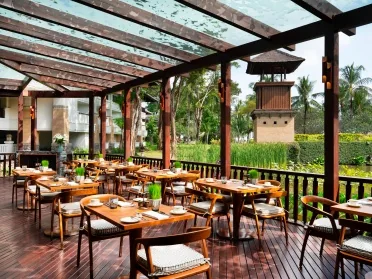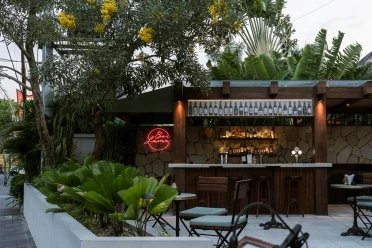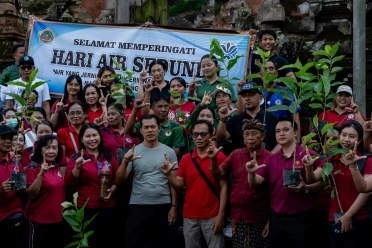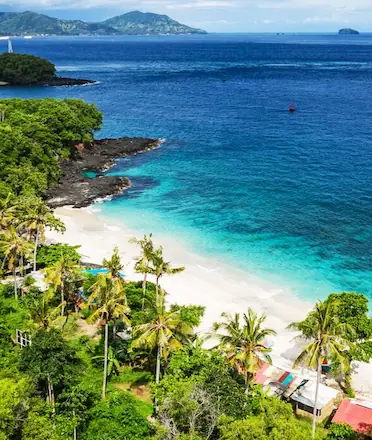Indonesia is poised for a transformative leap in its infrastructure and tourism landscape as President Prabowo Subianto officially approves the development of the long-anticipated North Bali International Airport (BIBU). The green light marks a critical shift in national policy and a renewed focus on balanced regional development—signaling the government's commitment to catalyze growth in Northern Bali, long overshadowed by the booming south.
The green light marks a critical shift in national policy and a renewed focus on balanced regional development
The airport, to be located in Kubutambahan, Buleleng Regency, has been through years of uncertainty, with previous administrations shelving the project over concerns of feasibility and infrastructure readiness. Now, under a new strategic direction, the project has been formally included in Indonesia’s 2025–2029 National Medium-Term Development Plan (RPJMN) through Presidential Regulation No. 12 of 2025. Its elevation to national priority status cements its role as a cornerstone of Bali’s future connectivity and economic resilience.
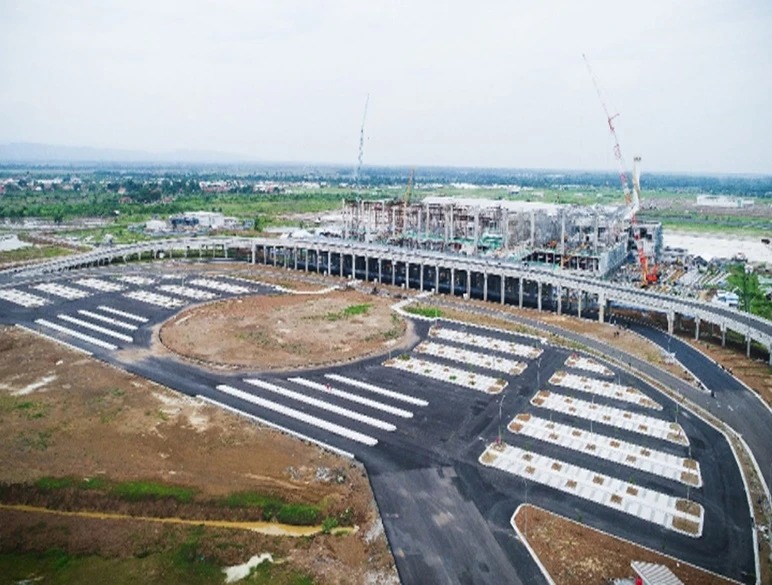
Balancing Bali’s Development Map
This monumental decision carries weight far beyond the island’s borders. With just one international airport currently operating in the south—Ngurah Rai International Airport near Denpasar—the island's air access has long been lopsided, placing disproportionate economic emphasis on southern Bali. The addition of a second international airport is designed to decentralize tourism flows, alleviate congestion, and stimulate development across the less-traveled northern region.
Strategically placed, the new airport will provide a direct gateway to underexplored destinations like Lovina, Munduk, Air Sanih, and Tamblingan. These areas, known for their natural beauty and cultural richness, stand to benefit from improved accessibility and increased tourist traffic. Local businesses and community-based enterprises could see a surge in opportunities—if development is managed inclusively and sustainably.
Momentum from the Private Sector
The project is also backed by state-owned enterprise PT BIBU Panji Sakti, the designated developer. According to planning updates, all technical requirements have been finalized, and the developer is currently awaiting the Ministry of Transportation’s final confirmation of the airport's location. A groundbreaking ceremony is expected within months.
Beyond transportation, the airport serves as a springboard for broader ambitions. The central government has outlined a multi-pronged vision for Bali’s future, which includes world-class healthcare facilities, upgraded accommodation infrastructure, and the construction of modern highways. A new toll road connecting Gilimanuk and Mengwi, along with port enhancements in Amuk and Gunaksa, are also in the pipeline—forming an integrated framework to elevate Bali’s global competitiveness.

Strengthening Indonesia’s Regional Standing
Importantly, the airport is not just an economic play—it’s a geopolitical one. With President Prabowo asserting that Bali must rise to compete with leading regional travel hubs, the government is signaling its intent to position the island as Southeast Asia’s premier tourist and investment destination. As neighboring countries rapidly modernize their tourism infrastructure, Indonesia is making a calculated move to retain and grow its market share.
Local Support and the Need for Inclusive Planning
Local leaders in Buleleng have welcomed the project, aligning their regional agendas with national directives. While support is strong, there is also a measured call for inclusivity, transparency, and rigorous planning. Experts stress the need for comprehensive socio-cultural, environmental, and economic impact studies to ensure that the development enhances rather than disrupts local ecosystems and traditions.
The airport could be a powerful tool for bridging economic disparities between Bali’s north and south. However, it also brings the responsibility to protect local culture and the environment from the pitfalls of unchecked mass tourism. Long-term success will hinge on balancing commercial interests with community empowerment and environmental sustainability.
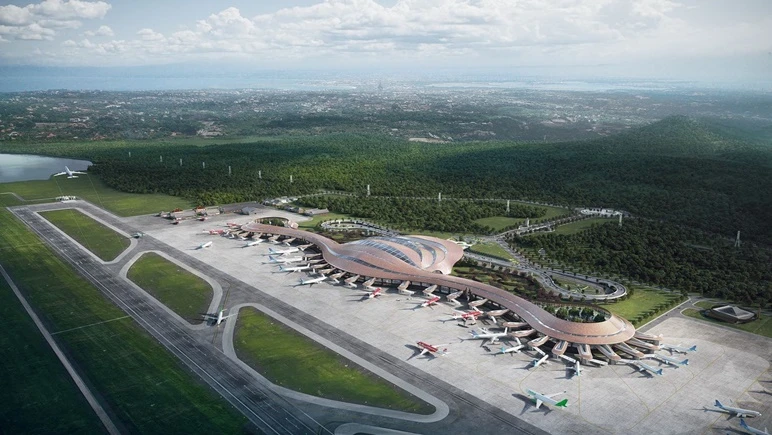
With the central government’s full backing and strategic integration into national development frameworks, North Bali International Airport is set to become a transformative project. Not just a transportation hub, but a catalyst for a more equitable, prosperous, and globally competitive Bali.




 Billy Bagus
Billy Bagus
 Jul 04, 2025
Jul 04, 2025


